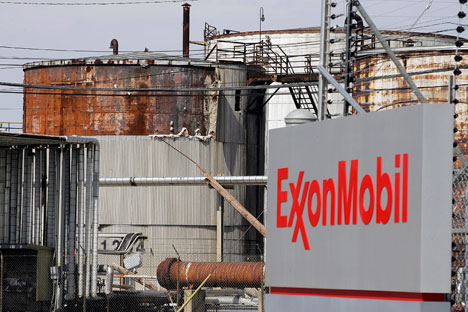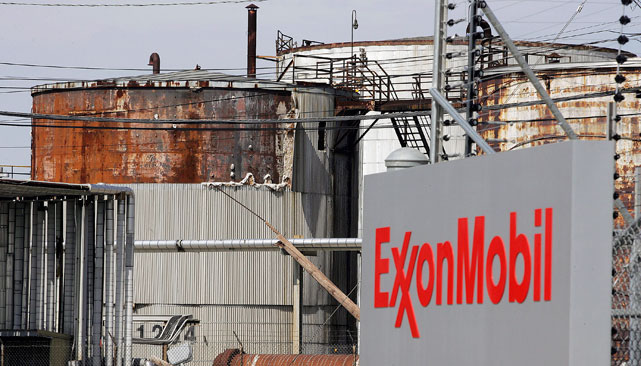

Source: Reuters
U.S. oil major ExxonMobil, which has been developing the Sakhalin-1 project with Russian firm Rosneft, may abandon the joint-venture as a result of U.S. sanctions against Russia, Russian media sources reported. A source in the administration who did not wish to be identified told news agency ITAR-TASS, “The American company is considering an exit from Sakhalin-1 if there is an expansion of sanctions against Russia.”
Russia’s Energy Ministry is working to confirm the information. Energy Minister Alexander Novak said that the ministry has not received any official notice of a withdrawal.
A representative of ExxonMobil told Russian daily Kommersant that the company will comply with any sanctions put in place by the U.S. government against Russia, but so far the situation has not had an impact on the company and its plans remain unchanged. The regional administration would not comment on the Exxon statement.
In addition to Exxon, the Sakhalin-1 consortium includes Rosneft (20 percent), India’s ONGC (20 percent) and Japan’s Sodeco (30 percent). The source in the Sakhalin Region Administration said that should Exxon withdraw, the administration could buy the company’s 30 percent share in the project. However, the administration also does not exclude the possibility that the remaining shareholders could increase their level of participation by buying any open shares. The administration source said that ONGC “has indicated its determination to increase its share.”
Sakhalin-1 – is the first of three Russian Production Sharing Agreements with foreign firms. The recoverable reserves are estimated at 307 million tons of oil and 485 billion cubic meters of gas. The main production field is Chayvo. Production was launched the Odoptu field in 2010. ExxonMobil expects to start production of oil in the Arkutun-Dagi field at the end 2014. Nevertheless, total production this year may fall by 6 percent – to 6.6 million tons.
Energy Minister Alexander Novak, commenting on the publications of Russian media, said that the ministry has not received such information and that it requires validation.
This story is based on reporting from Kommersant and Gazeta.ru
All rights reserved by Rossiyskaya Gazeta.
Subscribe
to our newsletter!
Get the week's best stories straight to your inbox